
HealthLumen are looking forward to discussing our work on the prevalence of rare diseases and engaging with colleagues dedicated to accelerating rare disease therapeutics at several upcoming conferences in the final quarter of this year.

Rallybio, a clinical-stage biotechnology company, will be presenting the findings of a genetic database analysis study conducted in partnership with HealthLumen on Fetal and Neonatal Alloimmune Thrombocytopenia (FNAIT) risk across racially and ethnically diverse populations at the American Society of Human Genetics (ASHG) 2024 Annual Meeting. The conference will take place from November 5–9 2024 in Denver, Colorado.
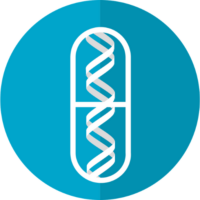
“Genomics requires a form of modelling that can capture individual genetic differences and responses to therapy – a purpose to which microsimulation is eminently suited.”
This quote, from a seminal review paper by Professors Deborah Schofield and Rupendra Shrestha of Macquarie University, pioneers in applying microsimulation techniques for modelling the costs and benefits of genomic medicine, formed the basis for a fascinating recent discussion with the HealthLumen team, on the role of microsimulation modelling techniques in precision medicine.
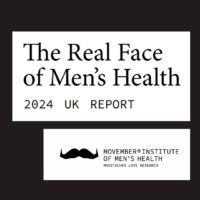
HealthLumen was recently commissioned by Movember, one of the leading charities changing the face of men’s health, to quantify the economic impact of men’s poor health for their ‘Real Face of Men’s Health’ 2024 UK Report. The study found that in 2023 the five diseases that cause the largest number of years of life lost […]

HealthLumen has recently conducted a genetic database analysis study in partnership with Rallybio, a clinical-stage biotechnology company, focused on understanding the proportions of women at higher risk for Foetal and Neonatal Alloimmune Thrombocytopenia (FNAIT) across a broad population of diverse ancestries. The results demonstrated that the proportion of women at higher risk for FNAIT was […]

Awareness of the vast impact of rare diseases, which affect approximately 300 million people globally (1), has significantly increased over the years, leading to increased funding and investment in rare disease research and therapy development. Although more than half of the novel drug approvals by the FDA’s Center for Drug Evaluation and Research last […]
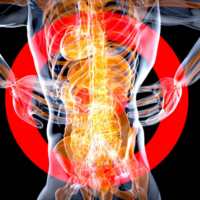
In partnership with AstraZeneca, HealthLumen has recently published two publications that project the clinical (1) and economic (2) burden of Chronic Kidney Disease (CKD) and Kidney Replacement Therapy (KRT) into the future, as part of the “Inside CKD” programme, which contributes to the major strategic initiative at AstraZeneca dedicated to driving better patient outcomes. From […]

Rare genetic diseases are challenging to treat due to their complexity, the unique nature of each condition, and the – by definition – small numbers of patients affected by each one. Encouragingly for the rare disease community, the field is moving rapidly with a wide variety of innovative therapies being developed, including gene therapy involving […]
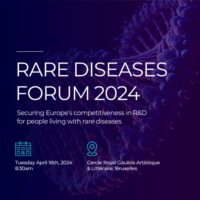
Background Set against the backdrop of the Belgian Presidency of the Council of the EU, Rare Diseases Forum came to Brussels this year on April 16th, bringing together a wide range of stakeholders to discuss a European rare disease Action Plan that aims to help Europe secure competitiveness in R&D for rare disease therapies. Although […]
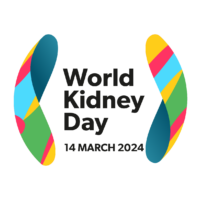
It is estimated that a staggering 1 in 10 people worldwide are living with kidney disease (1). Despite its high global prevalence and mortality, CKD has surprisingly often been overlooked on health agendas across the globe up until now. In particular, low and middle-income countries are disproportionately affected by CKD and kidney failure, with a […]
When you need a future-facing decision engine for big, real world population health questions, we are the people to turn to.
Solutions